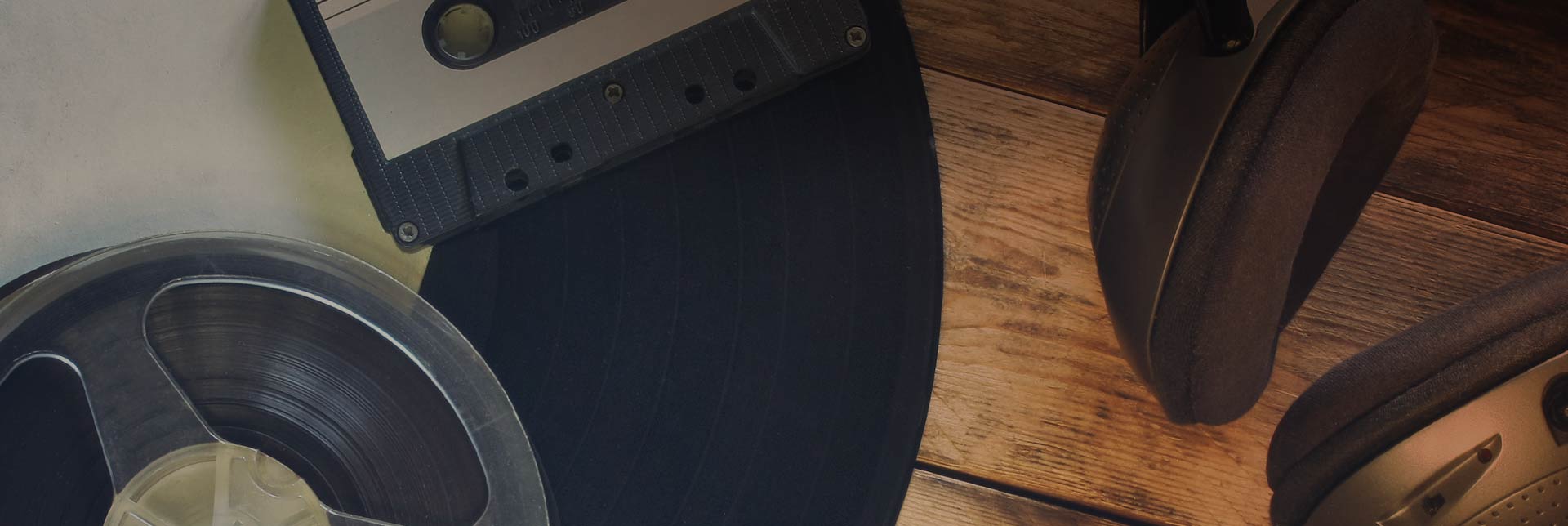The Nelson Mandela Foundation are saving history as they digitise their videotape archive.

It’s always nice to have the opportunity to share some good news and we are really proud of this piece.
The Nelson Mandela Foundation (NMF) has chosen to work us to digitise, save and make accessible content in the Foundation’s highly-valuable videotape archive. The archive contains videotape recordings of significant charity concerts, events, interviews and promotional material associated with the 46664 global campaign for change throughout the 2000s.
For those who aren’t familiar with the organisation, the NMF is a not-for-profit organisation founded by Nelson Mandela in 1999 and focuses on memory, dialogue and legacy work. Based in Johannesburg, South Africa, the foundation is the custodian of the documentation of Nelson Mandela’s life and times and is a committed facilitator of his living legacy. The Foundation is mandated to promote Mandela’s lifelong vision of freedom and equality for all.
Razia Saleh, Senior Archivist for the foundation said, “Part of the preservation and advancement of Mandela’s legacy, and making this legacy available to the world, is the provision and ongoing preservation of the extensive archive collection materials that includes the audiovisual content that we hold.”
In recognising the need to preserve and open up access to the highly-valuable content, the NMF went on a global search to seek out an experienced partner to digitise their irreplaceable videotape collection. As a result of a competitive selection process, NMF chose us as its partner to digitise the videotape collection.
The Foundation’s actions to preserve the Mandela collection are a timely reminder of the narrowing timeframe facing collection owners of videotape formats. The world is in the grip of a paradigm shift, from physical to digital, which is forcing media owners to reconsider the future of their videotape and audio tape archives as technology obsolescence hastens the end of physical media replay. Global consensus is that the next decade will be critical for the long-term survival of the world’s collective audiovisual history. Only last year, the Australian National Film and Sound Archives released a paper, Deadline2025, pointing to a very short window in which digitisation of any magnetic media collection can be completed, before there simply will not be enough replay devices (videotape and audio tape players) available to make it economically viable.
The project requires the recovery and digitisation of content from videotape formats including Digital Betacam, HDCAM, Betacam SP, VHS, Mini DV, DVCam, HDV, DVC Pro and XDCam HD. The content is being returned as a digital archive using Lossless JPEG2000 MXF as the preservation master, a profile that continues to gain traction as a robust and reliable archive master around the world.
Beyond digitising the content, we are managing the temporary relocation of the collection from South Africa to Australia. Some of the media presented with physical issues, requiring the application of considered and specialist methods to rectify the degradation without harming the content. The digital collection was archived using the BagIT protocol. BagIT is a standardised method for transferring data, developed by the Library of Congress in the USA. At a folder (Bag) level, MD5 checksums are created for all the contents and can be read on import to ensure data has travelled safely. This process enables NMF to verify the Bags when they receive the digital collection back in Johannesburg and import data directly into their Archivematica system.
It is always humbling for us to be given the opportunity to work with an organisation as prestigious as the Nelson Mandela Foundation. We are proud to be playing our part in making sure the world’s current and future generations have the opportunity to learn from the hardship and struggle that Mr Mandela had to endure.
The world is home to so much great moving image and sound content that captures the best and worst of our past. We need to make sure that our children and our children’s children have access to that information to help them understand what has shaped the world they live in. Realising this obligation is not an easy task in the current climate. We need to make sure that we bring to the attention of all collection owners and custodians the unfortunate fact that content living on videotape and audio tape does not have a rosy future. At least then organisation can be conscious of the severity of the situation and start to take the appropriate steps to avert the loss of content and start to digitise like the Mandela Foundation is doing.

